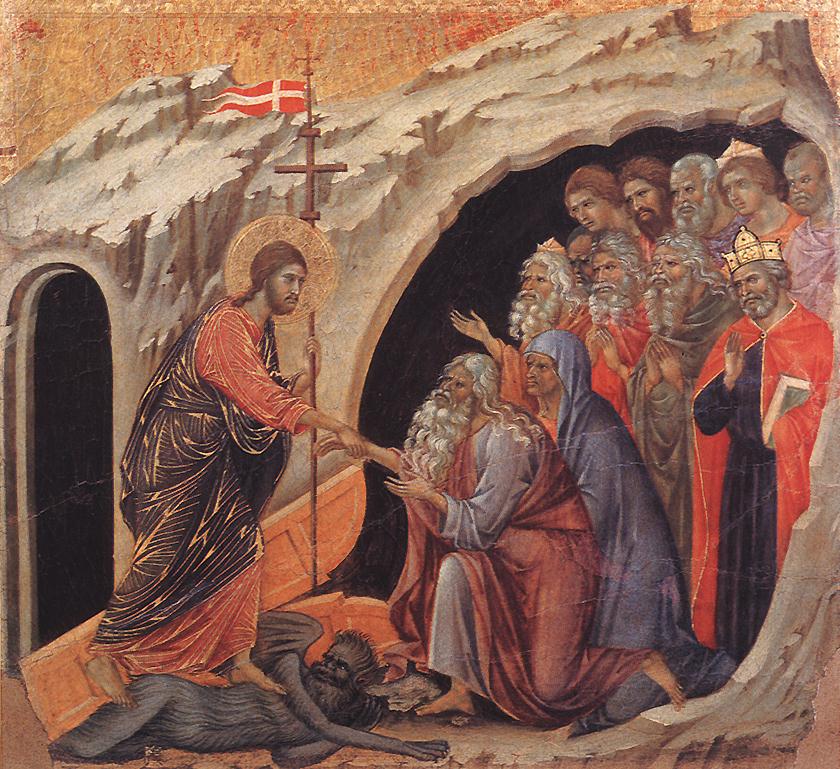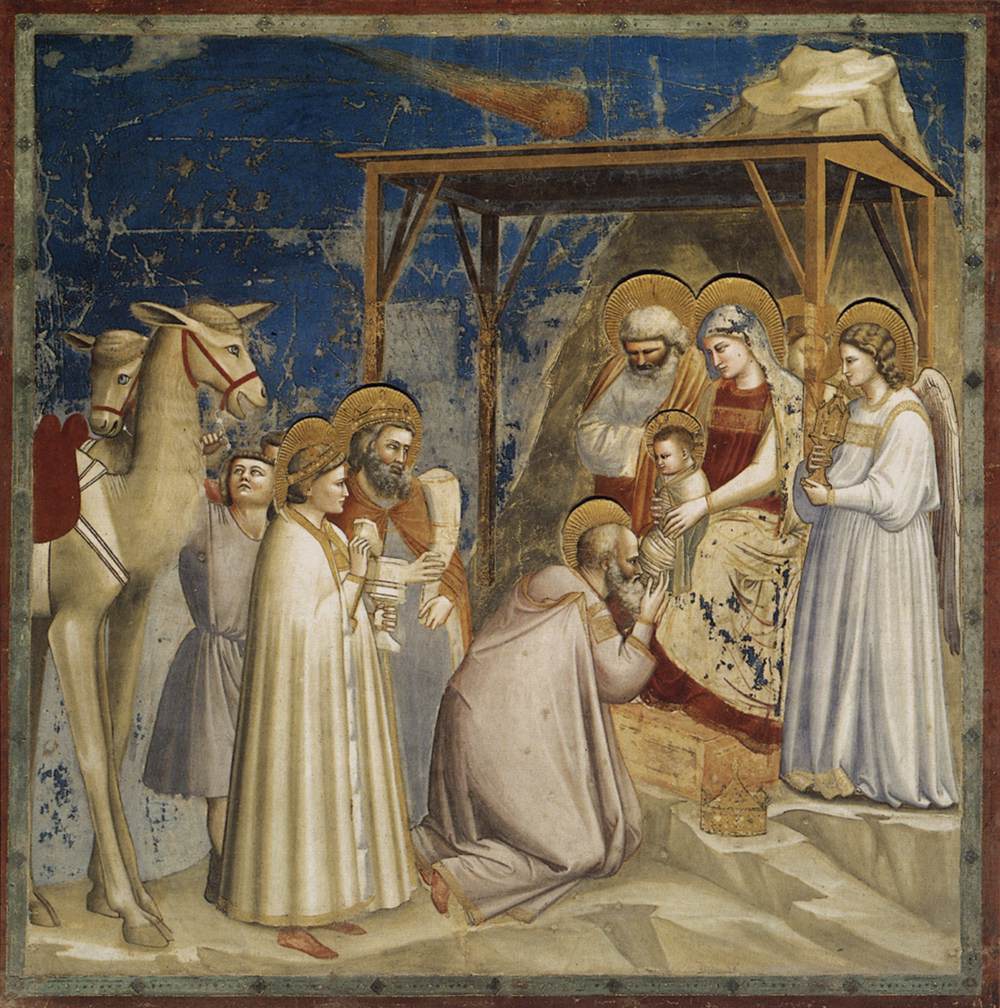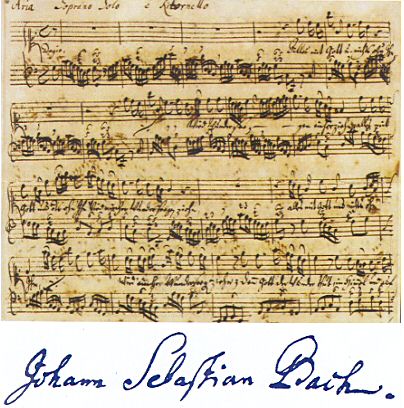 This week, I am officiating or participating in four funeral services. This is nearly overwhelming, and my spirit is feeling the strain of looking mortality and grief in the face day after day. Bach's cantata for the third Sunday after Epiphany, BWV 156, "Ich steh mit einem Fuß im Grabe" (I am standing with one foot in the grave) is a godsend on a week like this.
This week, I am officiating or participating in four funeral services. This is nearly overwhelming, and my spirit is feeling the strain of looking mortality and grief in the face day after day. Bach's cantata for the third Sunday after Epiphany, BWV 156, "Ich steh mit einem Fuß im Grabe" (I am standing with one foot in the grave) is a godsend on a week like this.I am standing with one foot in the grave
Do with me, God, according to your goodness,
Soon my ailing body will fall in,
help me in my sorrow,
come, dear God, if it please you,
what I request, do not deny me.
I have already set my house in order,
When my soul must depart,
take it, Lord, in your hands.
Only let my end be happy!
Everything is good, when the end is good.
This poignant appeal for God to care for one facing his earthly demise reminds us all that our lives are in his hands. Every heartbeat, every breath is a divine gift. Unless the Lord returns in our lifetime, we will all walk through the door of death someday. "Everything is good, when the end is good."
May God bless every ending and every new beginning in our lives.


